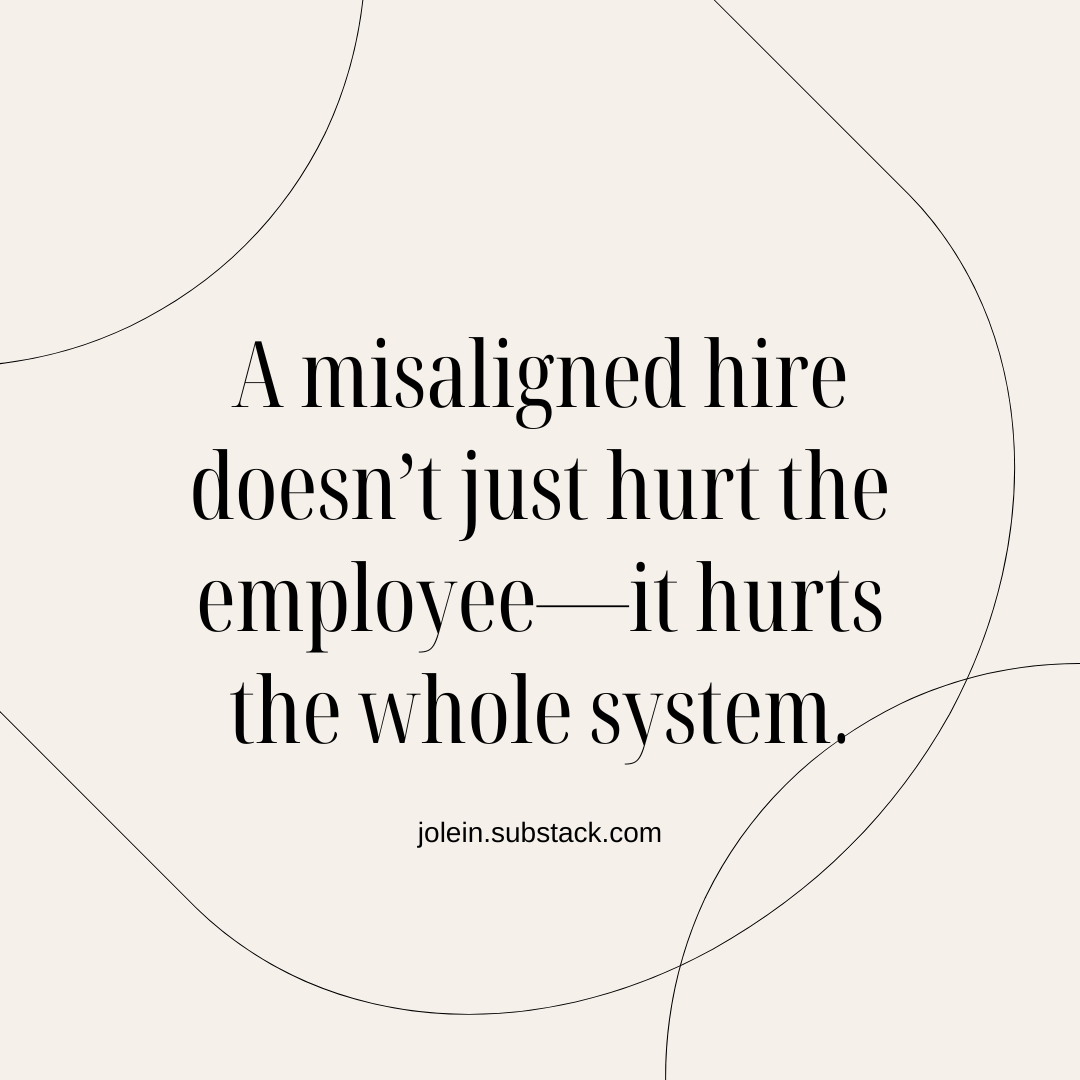Let’s get one thing straight: a district-level position is NOT a promotion. It’s a different job.
Same goes for school leadership. Being a principal at one school does not mean you’re prepared to be a principal at another. These roles are fundamentally different, requiring different competencies. Yet, time and time again, we see schools and districts treat them as linear progressions on a career ladder instead of distinct roles requiring specific skill sets.
What is Competency-Based Hiring?
Competency-based hiring is a recruitment strategy that evaluates candidates based on specific skills, knowledge, and behavioral characteristics required for success in a particular role. It focuses on competencies—what people can do and how they do it—rather than just their education and experience.
Key components of competency-based hiring:
Competency Frameworks: Defining the skills, knowledge, and behaviors required for each role.
Job Analysis: Mapping competencies to job descriptions and organizational goals.
Behavioral Interviews: Asking candidates about past experiences to assess how they will perform in the future.
Assessment Methods: Using real-world simulations, skills assessments, and situational judgment tests to evaluate candidates.
The Misconception of Promotions in Education
There is an ingrained belief that moving to a district-level job is a “step up” from a school-based position. But the reality is that central office work is an entirely different function. Some people thrive in schools and should stay in schools. Others are brilliant at systems thinking but would flounder in a classroom. The problem arises when we treat district jobs as a prize for good school leadership rather than recognizing them as a different field altogether.
Similarly, leading one school does not mean you are automatically ready to lead another. A principal at a small, high-performing suburban school may not have the competencies needed to run a large, under-resourced urban school. Yet, our hiring processes often assume leadership skills are universally transferable.
The Case for Competency-Based Hiring in Schools
Competency-based hiring isn’t just a buzzword. Data backs up its effectiveness:
Organizations using competency-based hiring experience 91% higher retention rates than those that don’t.
Companies implementing skills-based hiring report up to 41% higher productivity.
When schools and districts fail to hire based on competencies, they create mismatches that lead to burnout, inefficiency, and poor student outcomes.
Essential Competencies for Public Educators
Regardless of role, some competencies remain core to all educators:
Instructional Expertise – Understanding pedagogy, student engagement strategies, and assessment practices.
Cultural Competence – Navigating diverse communities with empathy and respect.
Relationship-Building – Establishing trust with students, colleagues, and families.
Adaptability – Adjusting to ever-changing classroom and school dynamics.
Data-Driven Decision Making – Using evidence to inform instruction and policy.
Leadership and Influence – Motivating and guiding others, regardless of position.
The Challenge of Always Looking to the Next Move
One of the biggest traps in career growth is the constant focus on what's next. If we always look ahead, we miss the value of where we are. We have such precious time on this earth, and it's no fun being in a role where the competencies don't match the work you're being asked to do. When a job is built for you—when it aligns with your competencies—it's like hitting the perfect Connect 4. The pieces fall into place.
Competencies should match the job. That’s the foundation of fulfillment and effectiveness in any role. Growth is essential—committing to daily practice, developing skills, and stretching into new challenges—but so is presence. If we’re not fully in the moment, we might miss the joy, the learning, and the impact we’re making right now.
Final Thought: It’s Time to Do Better
We have got to stop treating educational roles like interchangeable parts. Different roles require different leaders. A strong resume doesn’t always mean a strong fit. If we truly want to build effective schools, we need to stop hiring based on assumptions and start hiring based on competencies.









Schools and school systems are people places. They are communities, and communities are different. That means that context is such an integral factor in how they run. Love all of this.